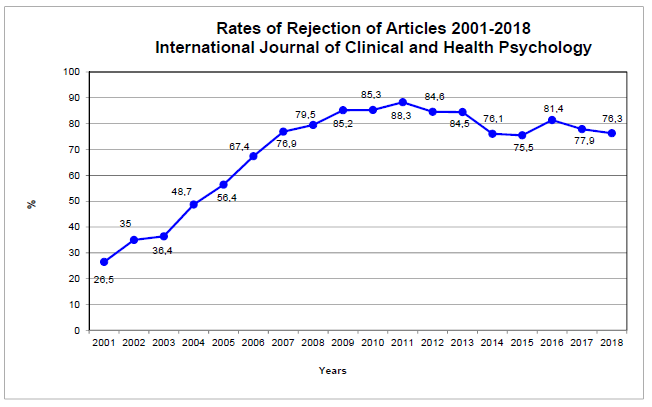In this study we compared the efficacy of virtual reality exposure combined with cognitive-behavioral therapy (VRET) to that of traditional cognitive-behavioral therapy (CBT) alone in reducing phobic symptoms in a sample of patients with long-term agoraphobia. The study was a between-subject design with three experimental conditions (VRET group, N=30; CBT group, N=30; and medication only group, N=20) and repeated measures (pre-treatment, post-treatment, and six-month follow-up). All patients were receiving antidepressant medication. Results showed that all therapies were statistically effective both at post-treatment and six-month follow-up. The VRET group showed clinical improvement in most variables measured at follow-up. The CBT group showed the highest dropout rates. These results are discussed pointing out that VRET probably serves as an intermediate procedure for an efficient exposure to phobic stimuli. Besides describing the advantages of VRET for the treatment of agoraphobia symptoms in cost-benefit terms, the study also considered issues related to higher treatment adherence and motivation.
En este estudio se comparó la eficacia de la exposición a estímulos virtuales combinada con terapia cognitivo-conductual (VRET) con un programa tradicional cognitivo-conductual (CBT) para reducir la sintomatología fóbica en una muestra de personas con agorafobia de larga evolución. Se utilizó un diseño entre sujetos con tres condiciones experimentales (grupo VRET, N=30; grupo CBT, N=30; y grupo con sólo medicación, N=20) y medidas repetidas (pre, post-tratamiento y seguimiento a los seis meses). Todos los pacientes estaban tomando antidepresivos. Los resultados mostraron que todas las terapias fueron estadísticamente eficaces, tanto en el post-tratamiento como en el seguimiento. El grupo VRET mostró mayores mejoras clínicas en el seguimiento. El grupo CBT mostró las tasas más altas de abandono. VRET probablemente juega un papel intermedio para una exposición eficiente a los estímulos fóbicos. Más allá de las ventajas de un procedimiento VRET para el tratamiento de la agorafobia en términos de coste-beneficios, este estudio también destaca los posibles beneficios en la mejora en la motivación y adherencia al tratamiento.





